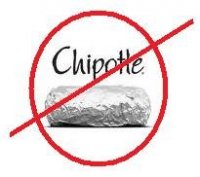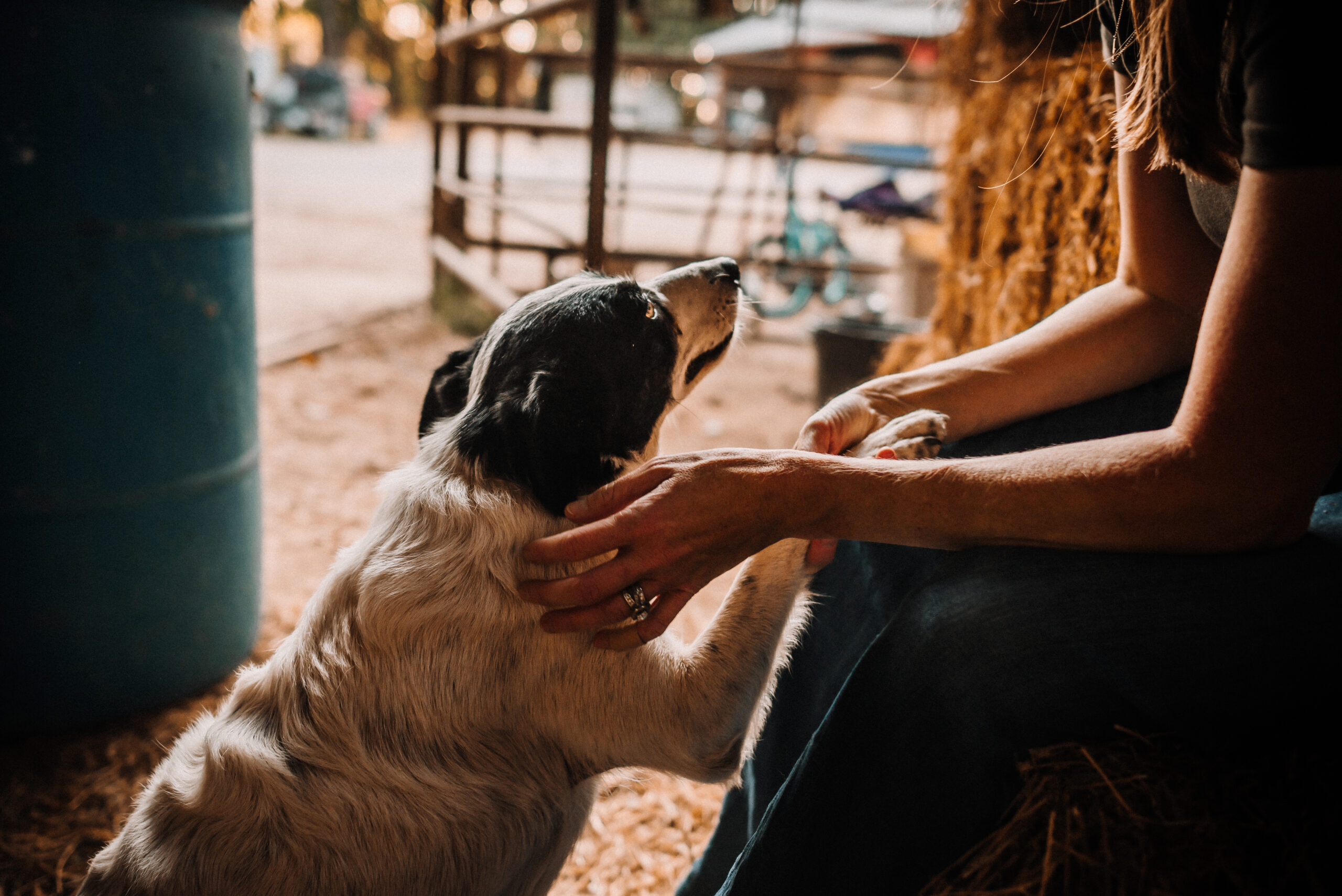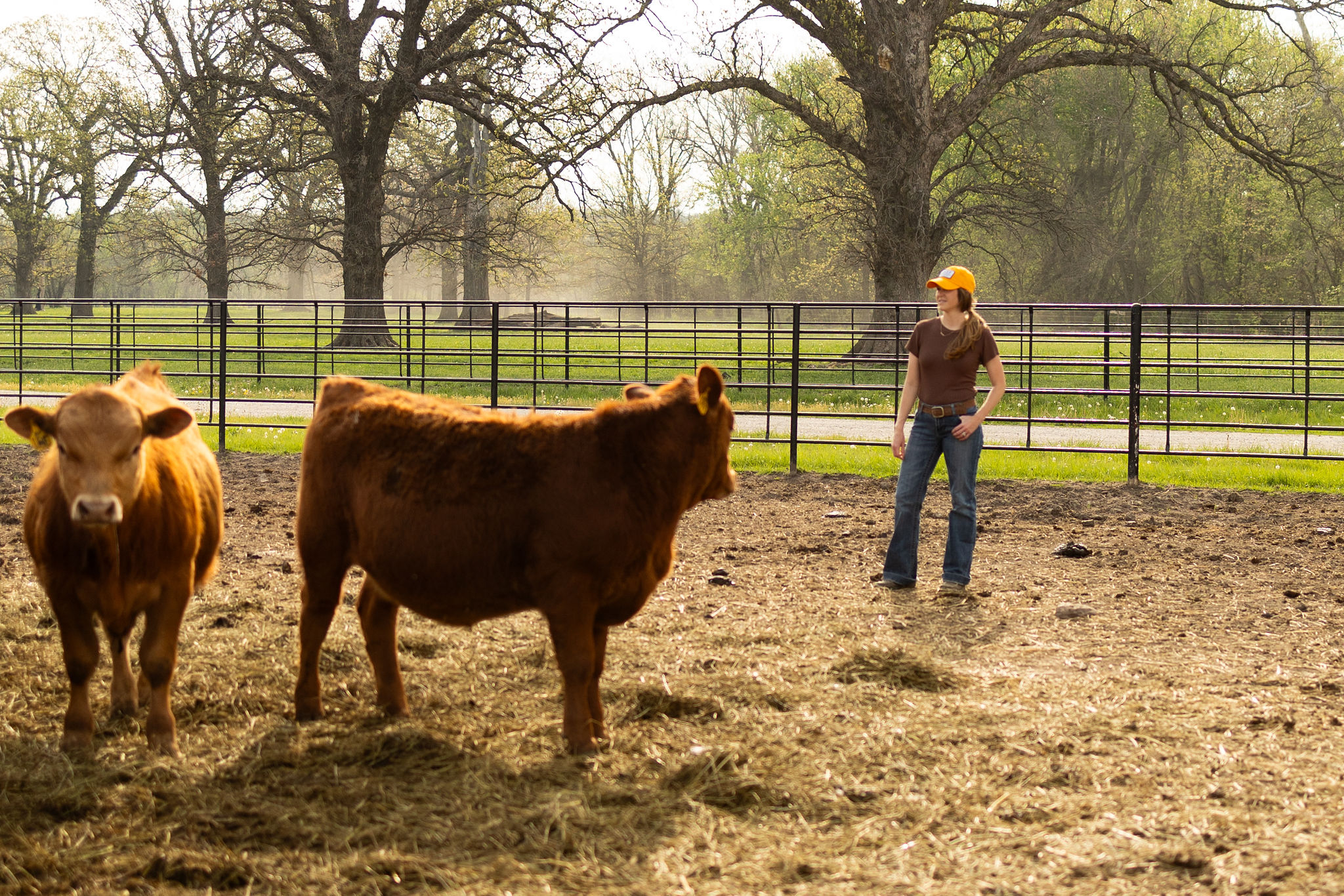10:30 pm Sunday: I’m so livid right now, I can’t even form a coherent sentence. So I may have to come back and finish this post in the morning.
*********
Monday morning/afternoonish: Ok, I’m back. A good night’s sleep and a few deep breaths has me calmed me down enough that now I can at least form sentences and not scream at stupid Chipotle commercials.
If you haven’t seen the commercial that aired last night during the Grammy’s (I didn’t watch the Grammy’s but once I saw my Facebook and Twitter blowing up, I went to YouTube and watched the disaster), please do so now, so that you’re aware of what I’m talking about.
I can’t even begin to explain everything that is wrong with this commercial, but I’ll try:
1. Livestock are not raised indoors because farmers are lazy. Quite the opposite actually. As I type this, there is snow on the ground and it’s 27 degrees in Kansas and spitting sleet oh and don’t forget it’s Kansas so it’s always windy. If I was a dairy cow or a pig, I’d wanna be indoors and out of the snow and wind.
2. Supporting local farmers is a great endeavor however, there is not always a year-round farmers market that has every grocery item from A-Z in every small town. Without Hyvee, Dillons and yes, the dastardly Wal-Mart, my little family would starve. Transporting food from where it was grown to where it is sold is not evil or wrong. It’s called infrastructure and we should be very thankful we have it. Countries in Africa don’t have very good infrastructure and therefore have a lot of food shortages and hunger problems.
3. Did you know there is 77 times more hormones (estrogen) in ONE EGG than in a 100 gram portion of implanted beef? I didn’t make that up, it’s the facts. Antibiotics are used during stressful times in an animal life when the immune system is compromised and when they need to be treated for sickness. Antibiotics on farms are not used irresponsibly or willi-nilli.
4. Farmers and ranchers aren’t running factories. To say otherwise is absurd. Producers check their livestock on a daily basis and are always striving to provide the utmost care possible so that the quality of life for their livestock is as best as can be.
Also, did you know that even though Chipotle claims to use local, certified organic products they quite often can’t find enough supply to meet their demand and end up using conventionally produced products? They admit it:
“We do, however, face challenges associated with pursuing Food With Integrity. For example, current economic conditions have led to natural chicken and steak supply shortages. It can take longer to identify and secure relationships with suppliers meeting our criteria, and there are higher costs and other risks associated with purchasing naturally raised or sustainably grown ingredients. The growing time for naturally raised meat and sustainably grown vegetables can be longer. Herd losses can also be greater when animals are not treated with antibiotics and hormones and field losses can be higher for organically grown produce. Given the costs associated with natural and sustainable farming practices, and recently due to decreased demand as a result of the weak economic environment, many large suppliers have not found it economical to pursue business in this area.” — taken from Chipotle’s annual report.
Just to clear something up: I have no problem with organic or naturally produced food products. I am very proud to live in a country where I can buy whatever type of food I want: organic, natural, conventional, grass-fed, grain-fed, etc. However, I can’t afford those products and quite frankly I know there isn’t a difference between them and their conventionally produced contemporaries. However, I don’t condemn those farmers who make a living in a way that is different to everyone else. If consumers want to pay higher prices for organic and natural, well then props to those producers who can provide it. All I’m saying is that one isn’t better than the other and we shouldn’t gang up on each other. We can all agree that Chipotle is definitely not portraying an accurate picture of food production and are also not using the products of which they’re so proud to endorse. Honesty goes a long ways with Buzzard.
I haven’t eaten Chipotle in five years. Seriously. Mostly because of their marketing schemes but also partly because I didn’t really like the food anyway. I don’t mean to punish producers who supply Chipotle with food but I just can’t support a company that trounces on conventional agriculture so inappropriately and inaccurately. My pride and values won’t let me.
There are other great commentaries on this commercial making their rounds on the internet – I encourage you to check them out!
Food Integrity Starts with Marketing Integrity – Daren Williams, NCBA
Chipotle, Your Grammy Commercial Still Doesn’t Change My Mind – Crystal Young
http://storify.com/nicksargent/negative-reaction-to-chipotle-grammy-ad
Was Chipotle’s Ad Eloquent or Ignorant? – Peggy Lowe, Harvest Public Media
Oh and let’s not forget about Willie Nelson. Shame, shame on you for ruining Coldplay’s song “Back to the Start” and for continuing to not be a friend of conventional agriculture.
Until next time,
~ Buzzard ~




